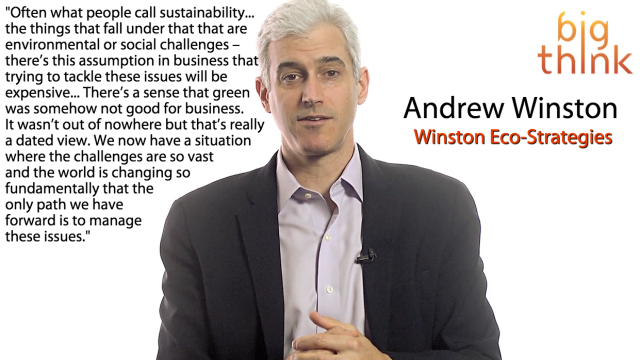Are Negative Tweets More Likely to Spread Than Positive Ones?

Clive Thompson at Wired has a very interesting piece up on that site right now that he wholeheartedly admits may not actually be steeped in fact. Thompson recently realized that his most popular tweets tend to be negative in nature — criticisms or insults or little bits of crankiness. He wondered whether there was anything to suggest negativity gets more play on social media than good cheer.
That’s when he discovered the concept of hypercriticism. As described by Harvard Business Review’s Teresa Amabile, the integral truth behind hypercriticism is that people assume negative statements to be more intelligent than positive ones. This idea has been proven valid over three decades’ worth of testing by researchers at both Harvard and Carnegie Mellon. Not only do most people assume negative criticism to be steeped in superior intelligence, we tend to go negative in our own opinions when trying to impress people with our own intelligence.
Thompson explains that no one really knows why the negativity bias exists, but its effects can be felt all throughout society, from the mainstream media to workplace gossip and, of course, to social media. So while Thompson has no proof to back up his hypothesis, it really seems to be only a matter of time until someone holds a trial and realizes, “yup, negativity sells well on Twitter too.”
(Of course, a Twitter account like this would be the exception, not the rule.)
Read more at Wired
Photo credit: mj007 / Shutterstock





